
We are currently in the middle of a weight loss revolution. 2023 saw the rise of GLP-1 receptor agonists like Ozempic as groundbreaking treatments for obesity and interlinked chronic diseases. The story of GLP-1 medicines has taken decades and begins with the venom of a lizard, and the regulation of blood sugar. Let’s examine the history of these medicines, how effective they are at weight management, and the unintended consequences of their surge in popularity.

GLP-1 receptor agonists are a type of medication used primarily to help manage blood sugar (glucose) levels in people with type 2 diabetes. The are a part of a class of medications know as incretin memetics which mimic incretin hormones (like GLP-1). Incretins are gut hormones that aid in digestion and the management of blood glucose levels.
Byetta (exenatide) was the first glucagon-like peptide-1 agonist medication introduced in 2005. The development of this medication was partly inspired by a study of the venom of the Gila monster, a venomous lizard native to America. The hormone exendin-4 found in Gila monster venom/saliva helps maintain steady blood sugar levels during long periods of not eating. Scientists developed exenatide a synthetic form of exendin-4 after discovering it could be used to treat type 2 diabetes.
GLP-1 receptor agonists mimic the hormone glucagon-like peptide-1 (GLP-1). This hormone is produced naturally by the gut and brain and have multiple effects. It plays a role in:
The combination of effects results in lower blood sugar levels and promotes weight loss.
While GLP-1 receptor agonists are typically prescribed for type 2 diabetes, their effect on appetite suppression results in weight loss for many patients. Weight loss can vary depending on what GLP-1 medicine you use, your dose, and lifestyle choices (diet/exercise).
One study found that patients with obesity (without diabetes) lost an average of 15.8% of their body weight with semaglutide after 68 weeks.1 Another 68 week study on once weekly semaglutide injections found that adults with obesity and without diabetes had a mean weight loss of 14.9%, with a third of patients achieving a loss of at least 20% of baseline weight – a result approaching that reported 1 to 3 years after bariatric surgery.2
Recently medicines like Ozempic, Wegovy, and Saxenda have gone viral globally. Being seen as a ‘weight-loss miracle medicines.’ This message has been promoted by celebrities and across popular culture leading to a surge in demand for GLP-1 receptor agonists. Off-label prescribing of medicines for weight loss has outstripped supply. This has caused shortages of medicines around the world, with supply not expected to return to normal until the end of 2024.
Last updated 22/03/2024
The GLP-1 receptor agonists Trulicity (dulaglutide) and Liraglutide (Victoza) are funded in New Zealand for the treatment of diabetes. Due to the global demand and supply constraints Pharmac has been advised by the suppliers Eli Lilly, and Novo Nordisk that they can only secure enough stock for people currently taking these medicines.
To ensure people currently taking dulaglutide and liraglutide can continue to access these medicines, new initiations are restricted to people with type 2 diabetes who are high-risk and have no other appropriate treatment options.
Resources:
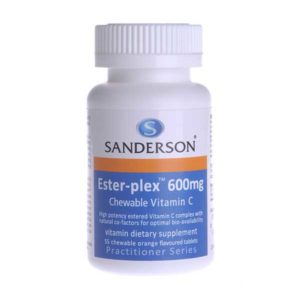
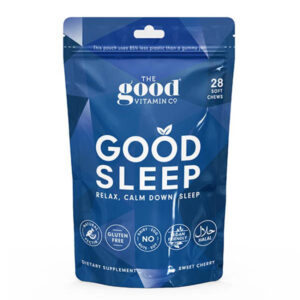

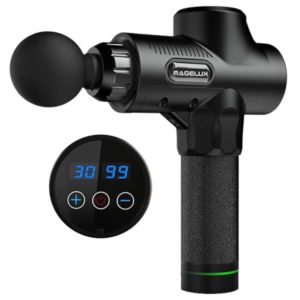



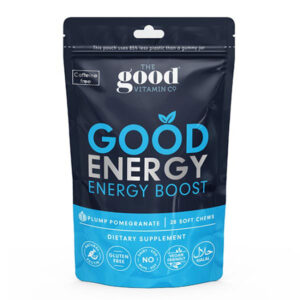




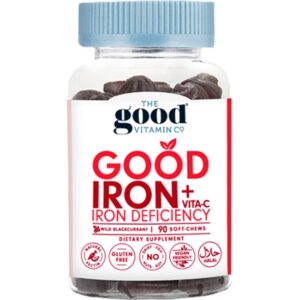






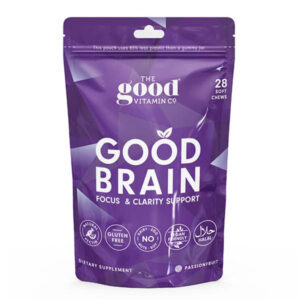
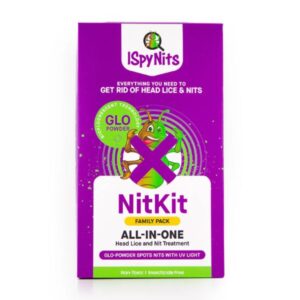
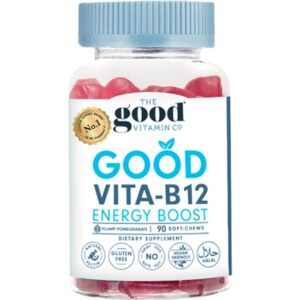


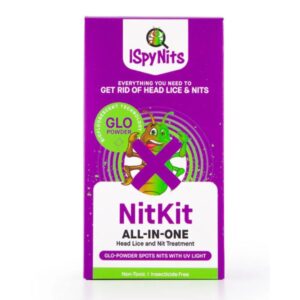









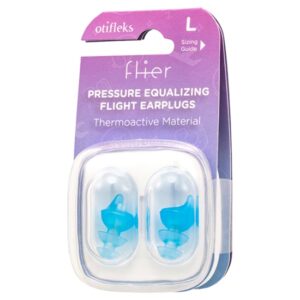







Written by Paul Taylor
Paul Taylor is a New Zealand–based healthcare content writer with 5+ years’ experience creating patient friendly articles for online pharmacies and health platforms. He specialises in accessible condition guides, prescription FAQs, OTC advice, and health & wellbeing tips, translating complex medicines or health condition information into clear, actionable content. Paul collaborates with the ZOOM Pharmacy clinical team and bases every article on authoritative sources, peer reviewed journals and national clinical guidelines to ensure evidence based, up to date content. His goal is to help readers feel empowered to make informed decisions about their medicines and wellbeing. This content is general information only and does not replace professional medical advice.